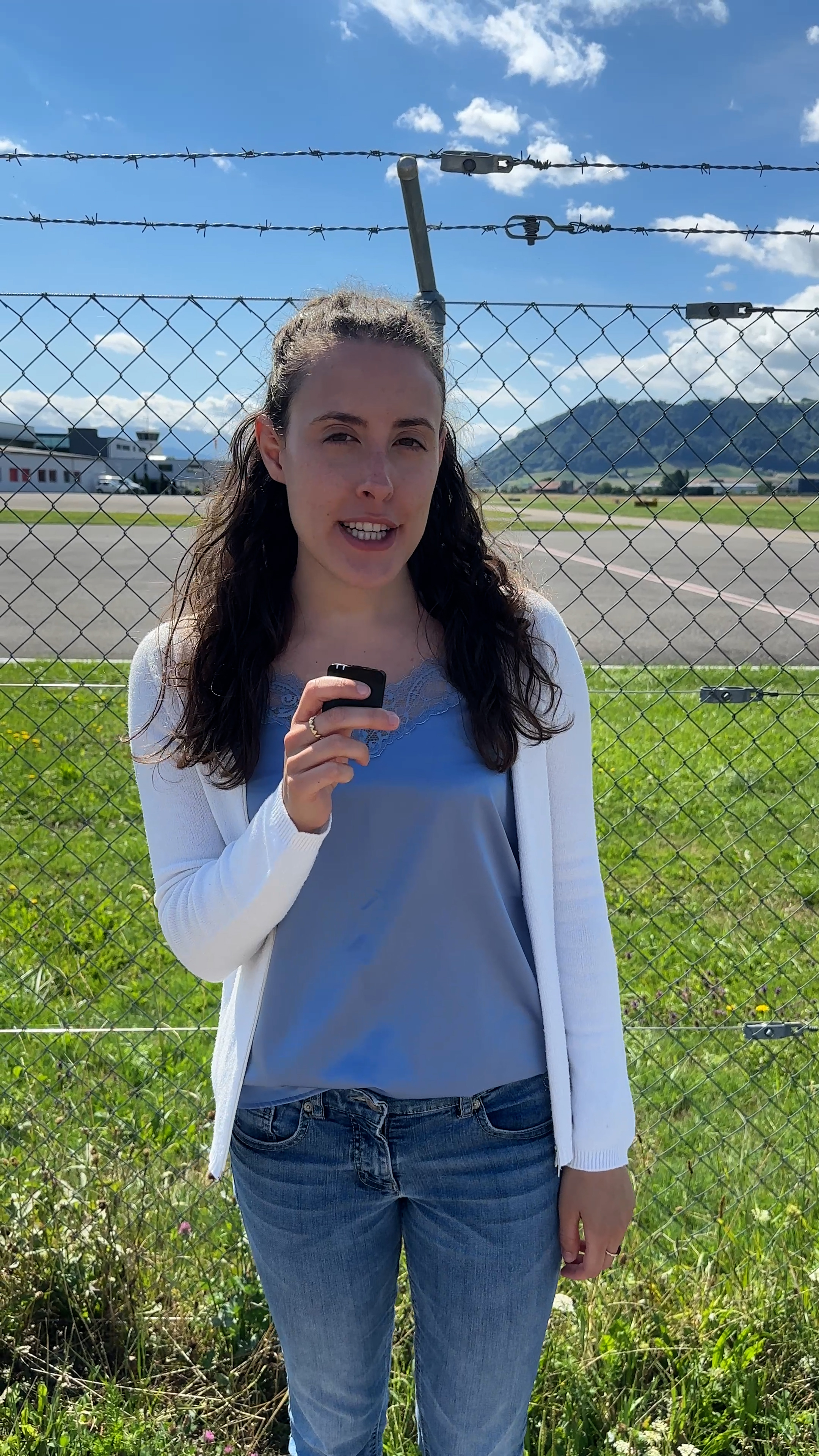
Chernobyl website to serve as “manifesto against forgetting”

A Swiss-run Internet platform aimed at providing independent information about the Chernobyl disaster has been unveiled in Geneva.
“The catastrophe is not over and the effects are far from under control,” said Walter Fust, head of the Swiss Agency for Development and Cooperation (SDC), at the launch of the website, www.chernobyl.info.
“This internet platform is a manifesto against forgetting,” he added.
The world’s worst-ever nuclear accident happened 16 years ago, but the long-term impact on the lives of people living in the contaminated area can still only be guessed at.
“Medical experts fear the most serious impact of the exposure to radiation is still to come,” Fust said.
People living in those areas of Belarus, Ukraine and Russia affected by the fallout are already suffering from blood, digestive and nervous disorders. The incidence of congenital malformation and other pre-natal abnormalities is higher, while a big increase in breast, lung, stomach and urogenital cancers is also expected.
Intense suffering
A film was shown at the launch of the website about the village of Igovka in Belarus in which schoolgirls talk of their fears of becoming mothers.
“One is struck by the intensity of the suffering, fear and insecurity. Everyone speaks of the shadow Chernobyl casts on their daily lives,” says the United Nations Under-Secretary-General, Kenzo Oshima, who coordinates international cooperation for the region.
Since the disaster, say those in charge of the new website, there has been a real problem in finding out reliable and impartial information about the health, ecological and economic consequences of the catastrophe.
The debate on the number of Chernobyl-related deaths has become a macabre contest between opposing interest groups.
The handling of the disaster by the former Soviet authorities meant that people in the successor states were left with a legacy of scepticism and did not trust the information they received.
The new website, which is being run by the SDC, is part of a United Nations strategy to revive international interest in humanitarian aid and sustainable development for the millions still suffering from the devastating effects of the explosion at the Ukrainian nuclear power plant on April 26 1986.
The objective of the new UN approach is to shift the emphasis away from simple help for the victims towards economic and social development of the affected areas.
Scant coverage
“International aid for the victims of Chernobyl has for the most part dried up because media coverage is so scant,” Fust said, adding that whatever information the public did receive was untrustworthy, with interest groups exaggerating or downplaying the real situation on the ground.
“Those who want to help need reliable information, because only on this basis is the allocation of resources justified,” the SDC chief explained.
He said the new communications platform, which will be in English, German and Russian, would provide just such “neutral, reliable and independent information” to the decision-makers.
“The launching of the platform will help to rekindle waning donor interest towards the human dimension of the Chernobyl problem,” Oshima said.
Test case
Fust said projects needed to be directed towards the needs of the people, adding that chernobyl.info would be “independent and neutral, but not exactly non-partisan, as it sides with the victims of the catastrophe”.
The new site has been described as an innovative way of dealing with major disasters, allowing aid and development organisations as well as governments to better coordinate their activities by pooling ideas and experiences and exchanging ideas about projects.
“We see www.chernobyl.info as a test case, a model, to find out whether humanitarian aid can be coordinated through information on the Internet,” Fust said.
Another key aim of the project is to keep people living in the affected areas informed of developments that concern them.
To this end, the SDC is setting up a server at each of the UN Development Programme bureaus in Kiev and Minsk to give people high-speed access to information. The main server will be located in Switzerland.
by Roy Probert

In compliance with the JTI standards
More: SWI swissinfo.ch certified by the Journalism Trust Initiative


































You can find an overview of ongoing debates with our journalists here . Please join us!
If you want to start a conversation about a topic raised in this article or want to report factual errors, email us at english@swissinfo.ch.